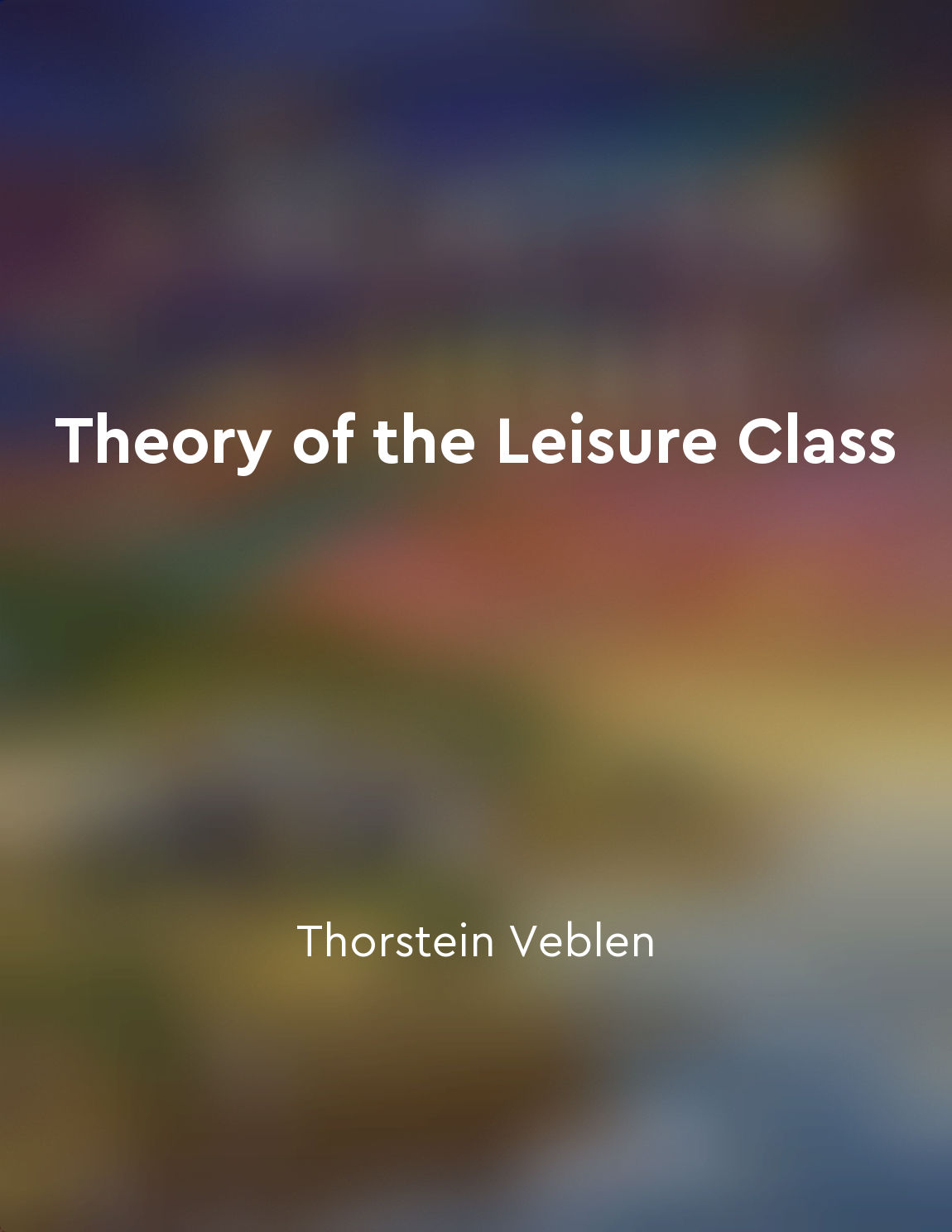Audio available in app
The Industrial Revolution brought about drastic social changes from "summary" of Sapiens by Yuval Noah Harari
The Industrial Revolution was not merely a technological event. It was a watershed moment in human history that ushered in drastic social changes. The shift from agrarian societies to industrialized urban centers transformed the way people lived and worked. Traditional ways of life were upended as new machines and factories emerged, altering the very fabric of society. As machines began to replace human labor, a new class of industrial workers emerged. These workers toiled long hours in factories, often under harsh conditions, for meager wages. The division of labor became more pronounced, with workers specializing in specific tasks on assembly lines. This specialization led to a loss of autonomy and a sense of alienation from their work. The Industrial Revolution also led to the rise of capitalism as the dominant economic system. Wealth became concentrated in the hands of factory owners and industrialists, leading to widening income inequality. The pursuit of profit became the driving force behind economic activity, shaping social relations and values. Urbanization was another significant social change brought about by the Industrial Revolution. People migrated from rural areas to cities in search of employment opportunities in factories. This mass migration led to overcrowding, poor living conditions, and the growth of slums. Urban life was marked by social dislocation, anonymity, and a sense of rootlessness. The family structure was also impacted by the Industrial Revolution. As more and more people moved to cities for work, extended families living together gave way to nuclear families living in cramped urban apartments. Women and children entered the workforce in large numbers, further transforming traditional roles and relationships within the family.- The Industrial Revolution had profound social consequences that reshaped the way people lived, worked, and interacted with one another. It laid the foundation for the modern world we live in today, setting in motion a series of changes that continue to shape society.
Similar Posts
Human history is a product of geographical forces
Geographical factors have played a significant role in shaping human history. The environments in which different societies dev...
Economic systems impact societal structures
Economic systems are not simply about the distribution of resources and wealth; they also play a critical role in shaping the v...

Conspicuous Leisure signifies Higher Status
Conspicuous leisure, as a reflection of higher social status, plays a crucial role in the social structure of any society. This...
Double movement between market and society
The double movement between market and society is a fundamental concept that underpins the dynamic relationship between economi...
Labor movements react to financial pressures
Labor movements have historically been responsive to financial pressures, adapting their strategies and priorities in the face ...
The concept of separate spheres for men and women in the family is outdated
The idea that men and women should occupy separate spheres within the family is a deeply ingrained belief that has been perpetu...
Economic governance structures influence policy outcomes
The way in which economic decisions are made and implemented is crucial in determining the outcomes of policies. Economic gover...


